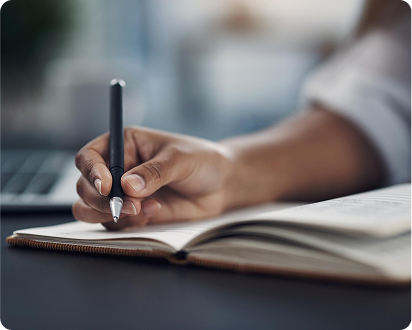Community Healing: Why Fighting Drugs Requires All of Us

When a young person falls into addiction, the pain doesn’t stop with them. It ripples out—to parents who stay awake at night, siblings who feel forgotten, teachers who watch a student slip away, and neighbors who wonder what went wrong. Addiction is not an individual tragedy; it is a community wound. And like any wound, healing it requires all of us.
One of the biggest myths about drug use is that it’s only the responsibility of the person using. In reality, no one fights this battle alone. Families need support systems. Schools need guidance. Local clinics need resources. And communities must remind themselves that compassion is as important as accountability. Stigma and silence only make the problem worse—when people feel ashamed, they hide, and when they hide, the cycle deepens.
Communities that have made progress in addressing drug crises share one thing in common: they come together. Parents form small support groups so no mother or father feels alone. Faith leaders open their doors for prayer, counseling, and honest conversations. Youth organizations provide safe spaces where young people can discuss pressure and choices. Even neighbors checking in on one another can make a bigger difference than they realize.
Healing doesn’t happen overnight, and it doesn’t happen ideally. But every step counts. A clinic is adding just one counselor. A school is starting a mentorship program. A group of friends supports a classmate instead of pushing them away. These small actions create a safety net, and that net can catch more lives than we might imagine.
For anyone who wants to explore this challenge and its solutions more deeply, Nyah Vululleh’s book “A War Without Guns: The Synthetic Drug Crisis Destroying Liberia and West Africa” shines a light on both the pain and the pathways to recovery. It’s a reminder that while the crisis is real, so is our capacity to fight it together. And sometimes, the most potent medicine isn’t found in a clinic; it’s found in the compassion, courage, and solidarity of a community that refuses to give up on its own.